
Brazzaville – As countries step up mpox outbreak control measures, efforts are also being made to ensure essential health services such as maternal and child-care, immunization, HIV treatment and chronic disease management are maintained to avert disruptions that can threaten people’s health.
To address the challenge, World Health Organization (WHO) is supporting countries in integrating continuity of services in their mpox incident management structure – drawing on lessons from the COVID-19 pandemic. The approach, targeting countries with active mpox transmission, focuses on ensuring availability and access to essential health services alongside the outbreak response efforts.
At the core of WHO’s support is the continuity of essential health services pillar, which provides technical guidance for developing adaptable service continuity plans. These plans help countries balance outbreak response with routine care and can be scaled based on the severity of the crisis. WHO also assists countries by establishing indicators that enable health systems to track service delivery, quickly identify disruptions, and address them effectively.
To ensure health services remain operational, WHO has provided guidelines outlining specific activities for governments to implement, aimed at sustaining and strengthening healthcare delivery, especially during emergencies. These guidelines are designed to maintain continuity in essential health services, such as immunizations and chronic disease management, which are often jeopardized during crises. WHO’s approach also includes health worker training to manage both routine care and outbreak responses.
“Continuity of service is the backbone of resilient health systems. This principle underpins WHO’s commitment to ensuring access to essential care, regardless of challenges. By embedding service continuity into national response plans, WHO helps maintain functional healthcare during outbreaks,” says Dr Fiona Braka, Emergency Response Program Area Manager
Beyond technical guidance, WHO encourages community participation in surveillance, risk communication, and healthcare access, fostering resilience at the local level. This inclusive approach empowers communities to actively engage in health monitoring and response, ensuring that services reach those who need them most.
Additionally, WHO’s comprehensive monitoring and reporting systems enable governments to assess and adjust their strategies in real time, preventing gaps in essential care. This proactive approach helps countries respond effectively to mpox while building stronger health systems capable of withstanding future crises.
WHO’s commitment to ensuring continuity of essential services amid the mpox outbreak is a critical component of its broader mission to improve health outcomes and guide countries toward sustainable healthcare, ultimately contributing to the goal of universal health coverage.

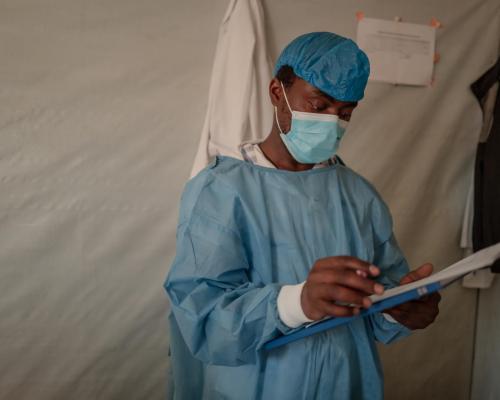
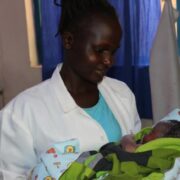

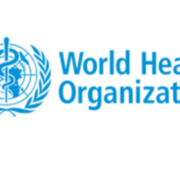
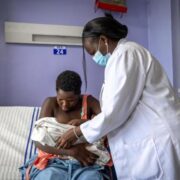
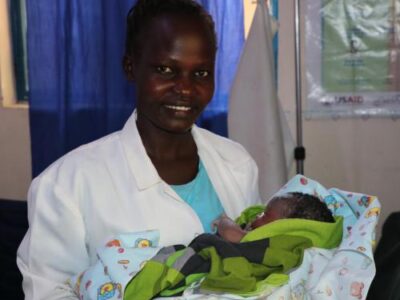
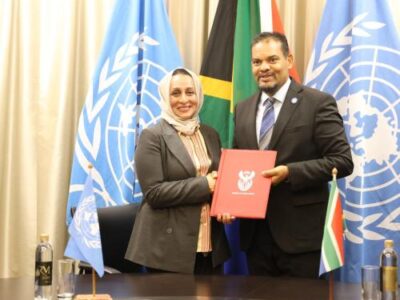
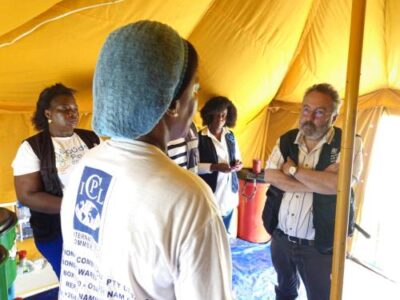
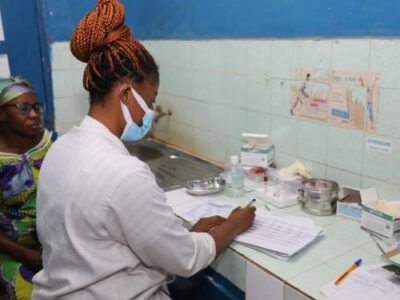

Comments